Far be it from me to utter a word against the patron saint of Dublin pubs, Roddy Doyle. Granted he’s a comic genius, his dialogue comparable with Beckett and that this, his 12th novel, is garnering rave reviews in America. But is not Doyle’s trademark conversation between two men in a pub not just a little interminable?
Love follows on from Two Pints (a play), Two More Pints and (last year) Two for the Road – two men chewing the fat on news events from 2014 to 2019.
Already a subscriber? Log in
Subscribe for just $2 a week
Try a month of The Spectator Australia absolutely free and without commitment. Not only that but – if you choose to continue – you’ll pay just $2 a week for your first year.
- Unlimited access to spectator.com.au and app
- The weekly edition on the Spectator Australia app
- Spectator podcasts and newsletters
- Full access to spectator.co.uk
Unlock this article
You might disagree with half of it, but you’ll enjoy reading all of it. Try your first month for free, then just $2 a week for the remainder of your first year.

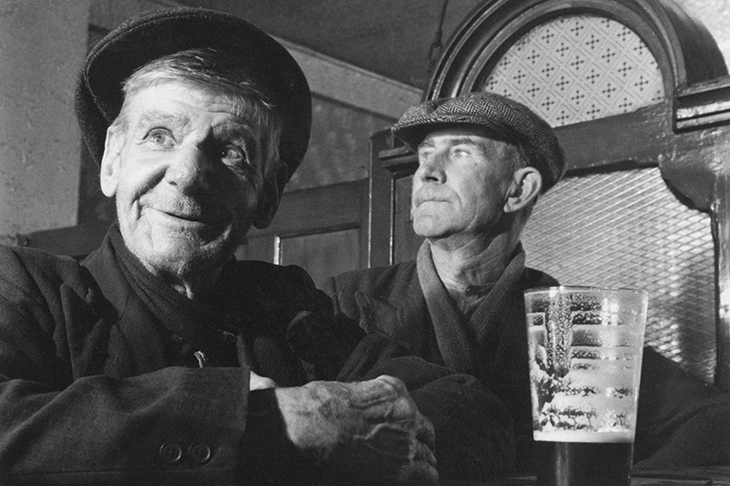
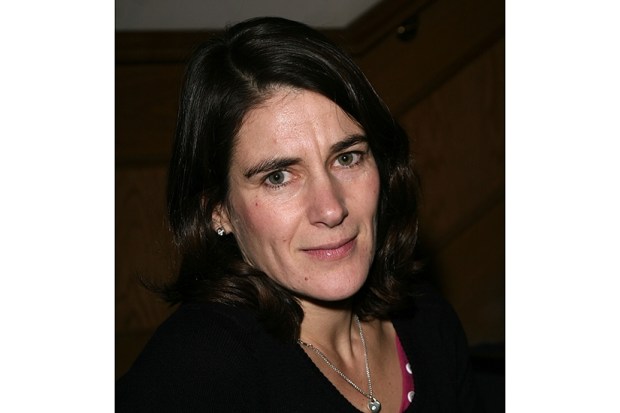
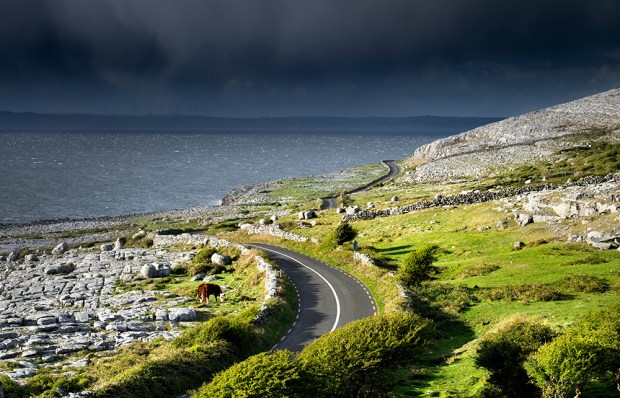


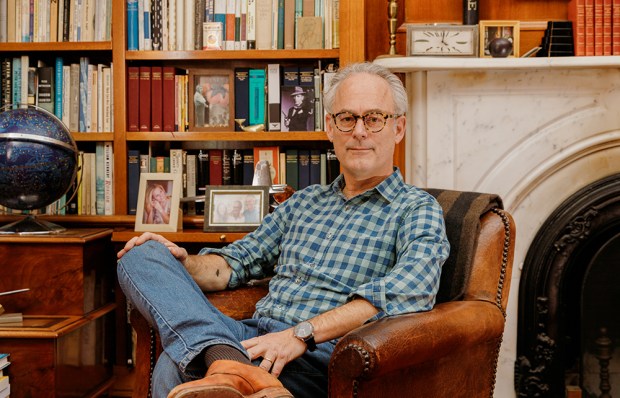
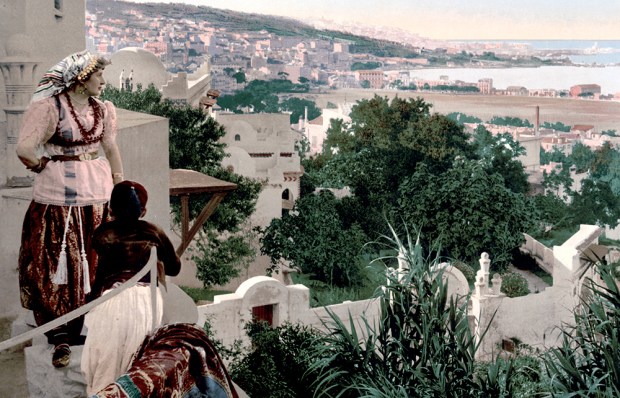






Comments
Don't miss out
Join the conversation with other Spectator Australia readers. Subscribe to leave a comment.
SUBSCRIBEAlready a subscriber? Log in